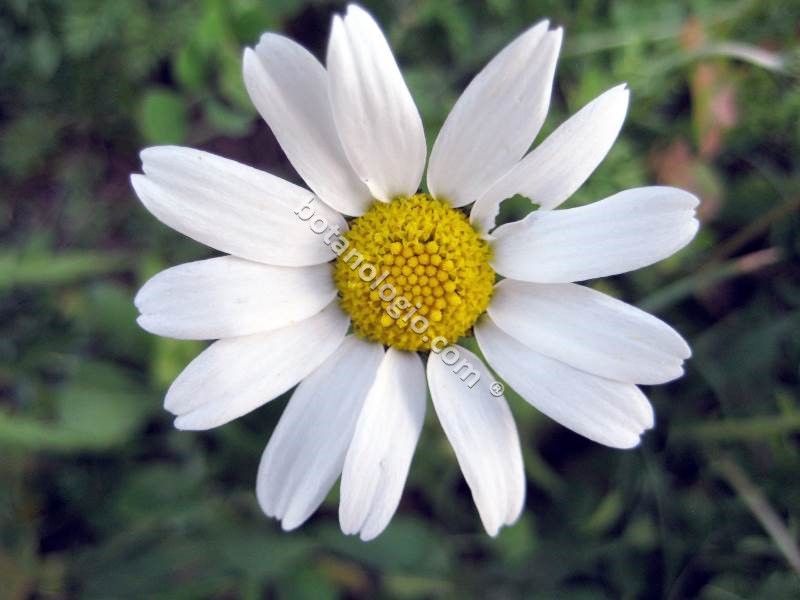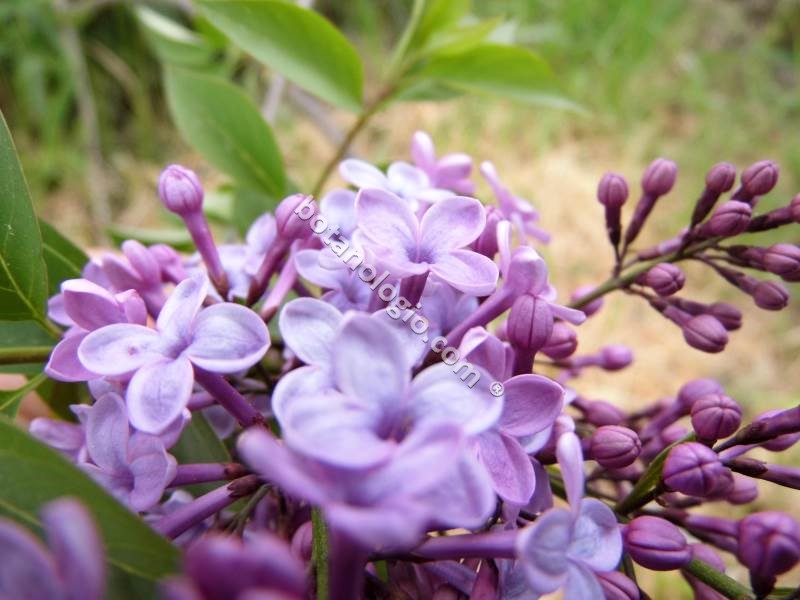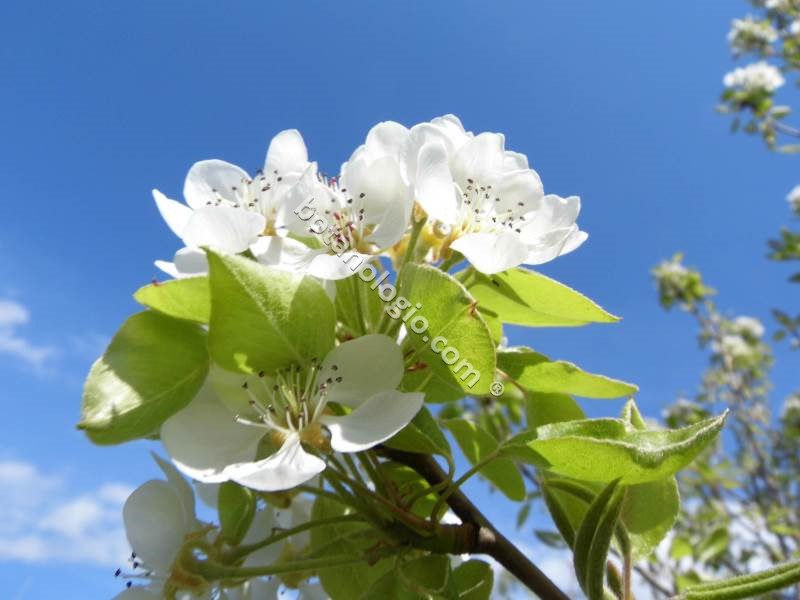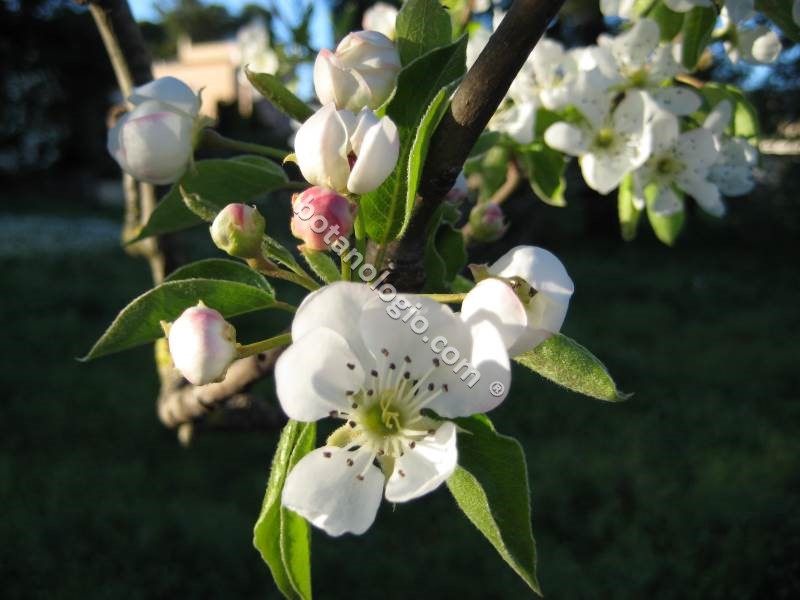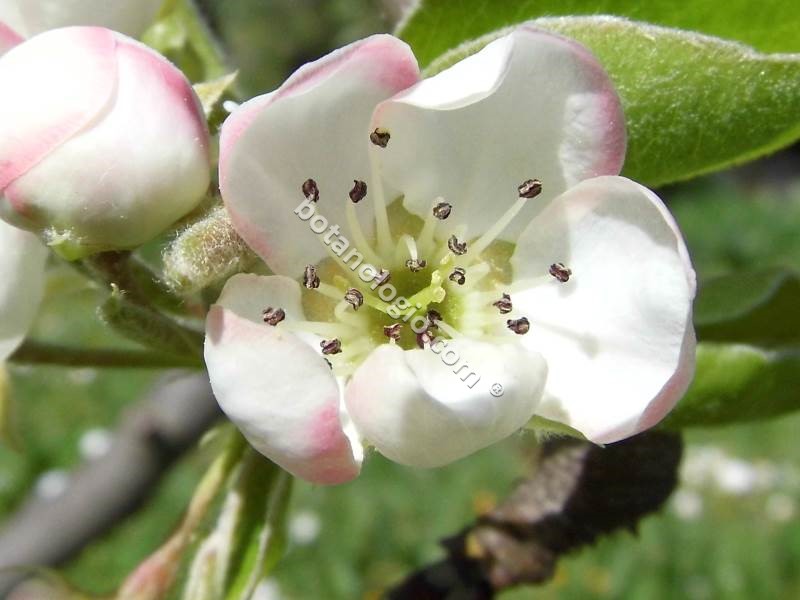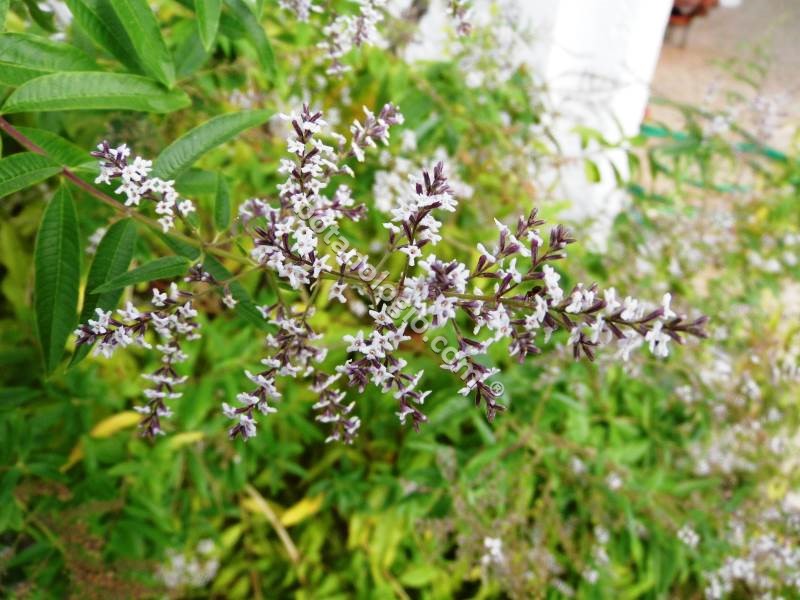Pomegranate nutritional value & collection

The fruit of the pomegranate because of its high content of vitamins A, B1, B2, C and E as well as iron, potassium, fiber, tannins, polyphenols, folic acid and many other antioxidant substances, is classified as nutritional superfood offered by the Earth.
The pomegranate is a tree or shrub depending on the trimming that is taking place, deciduous with a maximum height of no more than 5 meters. The leaves of the pomegranate are small and the flowers are big and red. The fruits are collected in autumn, usually in mid-October, depending on the climate.
Useful part of the pomegranate is considered the whole fruit except the stalk. The hue of a good and healthy pomegranate should be scarlet. To prevent the pomegranate to brust open prematurely, it needs much more water than usual during the summer. Τhe fruit becomes sweeter by watering regularly. Store seeds of the pomegranate, for natural and powerful body peeling. In addition, pomegranate contains proteins, vitamin K, vitamin C, vitamin E, all vitamin B complex other than B12, fiber, iron, magnesium, calcium, phosphorus, potassium, zinc, copper, manganese and selenium.
Pomegranate if you find it difficult to consume as food, makes a wonderful juice, especially combined with apple.
Read more about the healing properties of pomegranate and cosmetic uses of pomegranate!
herb, herbs, herbs nutritional value, pomegranate, pomegranate fruit, pomegranate juice, superfood, superfoods
